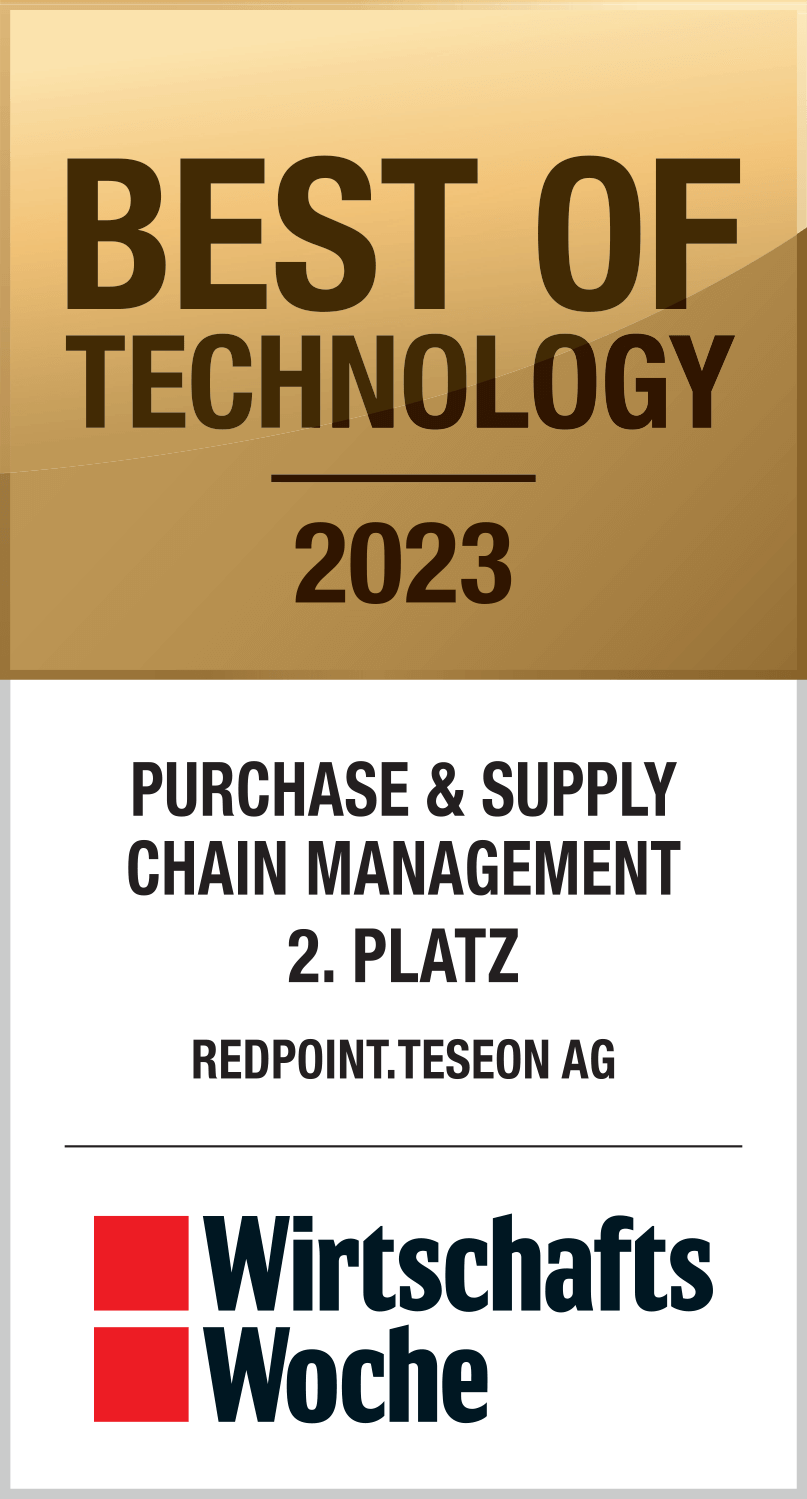In the future, volatility will be the rule, not the exception
redpoint.teseon specializes in the field of supply chain management, and many of your customers are SMEs: What challenges do your consultants face when they arrive at the company they are advising?
First of all, these companies are extremely results-oriented and want to see implementation success in a short space of time. At the same time, however, the project costs – both internally and externally – should not be too high. We therefore have to work in smaller teams with our customers and proceed very efficiently.
In addition, there are always reservations about external consultants – some rightly, some wrongly. It is crucial for the success of a project that our consultants succeed in building trust with the client’s employees and management through their professional and social skills.
Another point seems important to me: our projects practically always intervene in the organization and have a strong change character. Our consultants need to understand what makes organizations tick and what people go through in such change processes.
How do you proceed with a new consulting project?
Ideally, we have the opportunity to start with a strategy process in order to work out the change objectives clearly from the corporate or competitive strategy. We then move on to the analysis of the current situation, which is usually unloved by customers.
However, this phase is extremely important for us in order to gain an understanding of the company and understand in detail where the client stands in its organizational development. Only then can we arrive at the best possible solution in the subsequent target concept phase. The target concept is followed by implementation and transfer assurance.
You once said elsewhere that you pursue a systemic approach: What do you mean by that?
Ultimately, the solution developed must match the maturity level and resources of the company. Theoretically speaking, the second-best solution is often the better one if it is supported by the organization and the people.
What trends do you currently see in supply chain management and what does this mean for companies?
Most German industrial companies today have a global or at least international footprint that needs to be mastered. Virtually all of them are struggling with the fact that value chains are becoming increasingly fragmented and complex.
For example, the fragmentation of distribution channels is increasing. On the product side, the number of variants and parts is constantly increasing. Without production or procurement in low-wage countries, it is usually not possible to achieve competitive manufacturing costs. In future, volatility will be the rule, not the exception.
As a result of this increasing complexity, processes that were good in the past will become increasingly cumbersome and suddenly stop working. At some point, the entire organization can really crunch. In business terms, this can be seen in unsatisfactory delivery performance, excessive capital commitment or high overheads. Managers are therefore faced with the challenge of adapting their company to this new complexity.
Of course, risks are also always an opportunity. At redpoint.teseon, we have formulated ten fields of action with which clear competitive advantages can be achieved in a volatile environment. One example of this is the optimal segmentation of supply chains from product development to distribution in order to better manage the differences between customer requirements and products.
What advantages does lean supply chain management offer the company in question?
Well, lean supply chain management is first and foremost a buzzword. The idea behind it is to intelligently combine and further develop the SCM approach with ideas from lean management. Many managers and consultants are often too dogmatic in their approach and use the same recipes over and over again. German companies are in a special competitive situation and need to be more innovative here; imitation alone will not be enough.
One last question: Many people are currently talking about disruption in the consulting market. What is your view on this?
We actually expect business models in the consulting sector to change drastically. For example, the methodological expertise of many customers has grown significantly in recent years. This will also lead to a steady increase in in-house services. Consultants will find it more difficult to place commodity services.
Does that give you a headache?
We assume that redpoint.teseon, as a smaller SCM specialist, will be less affected than the large consulting firms that somehow do everything. But regardless of this, we are investing a lot in method development and the ongoing training of our consultants.

